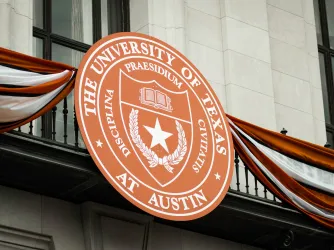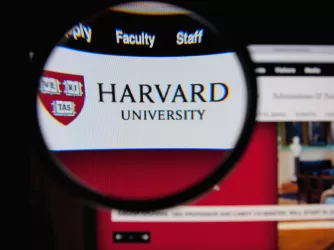Table of Contents
Universities’ War on the Free Press Continues
Throughout its history, FIRE has frequently had to come to the defense of student journalists. Just in the past few months, we filed an amicus brief with the United States Supreme Court as part of our effort to overturn a possibly disastrous appeals court precedent called Hosty v. Carter. We also had to stand up for the rights of a student newspaper at Craven Community College that was in trouble for printing—gasp!—a sex column. Before that, some of our most celebrated cases (and thus some of the academic establishment’s most sordid offenses against liberty) have involved freedom of the press, including our defenses of embattled student publications at Tufts and UCSD. Today, we return to the ramparts to fight back against the censors’ latest advance: the recent treatment of a student magazine called Common Sense at Stetson University in Florida.
Common Sense appears to be two things at Stetson: first, it’s the name of a new and avowedly conservative student publication. Second, it’s what both the university administration and its craven attorney lack. After the student editors of that magazine published their first issue earlier this year, Stetson administrators ordered them not to distribute it—even off campus. Even for a university administrator, that’s pretty censorious behavior. And to make matters worse, Stetson administrator Shelley Wilson had the nerve to e-mail the magazine’s advertisers from her official university account in a clear attempt to scare them off.
What could cause such hysteria, you ask? The answer appears to be a Jay Leno joke (hence the title of today’s FIRE press release) and a back-page parody that frankly doesn’t strike this reader as very funny, let alone very offensive. According to the aforementioned Wilson, a student magazine that has the gall to run a Tonight Show wisecrack “supports the worst of our society and makes it less safe for everyone,” and according to Stetson’s lawyer, the university’s punishment of Common Sense will stand.
But the truth is that Stetson’s repression is much more reminiscent of “the worst of our society” than a couple of jokes. Stetson’s conduct sends a clear message to its students: the administration there is saying not only that it’s okay to respond to speech one does not like with coercion, not moral witness, but also that lying is acceptable. Stetson has the audacity not just to censor its student press (repeatedly, not just now) but to do so after promising its students things like “critical thinking, imaginative inquiry, creative expression, and lively intellectual debate.”
Such a thing would be unbelievable if it didn’t happen so very often on our nation’s campuses.
Recent Articles
FIRE’s award-winning Newsdesk covers the free speech news you need to stay informed.

FIRE and ACLU of TX: University of Texas must drop unconstitutional drag ban

George Mason University calls cops on student for article criticizing Trump

‘I hate freedom of opinion’ meme leads to sentencing in German court
